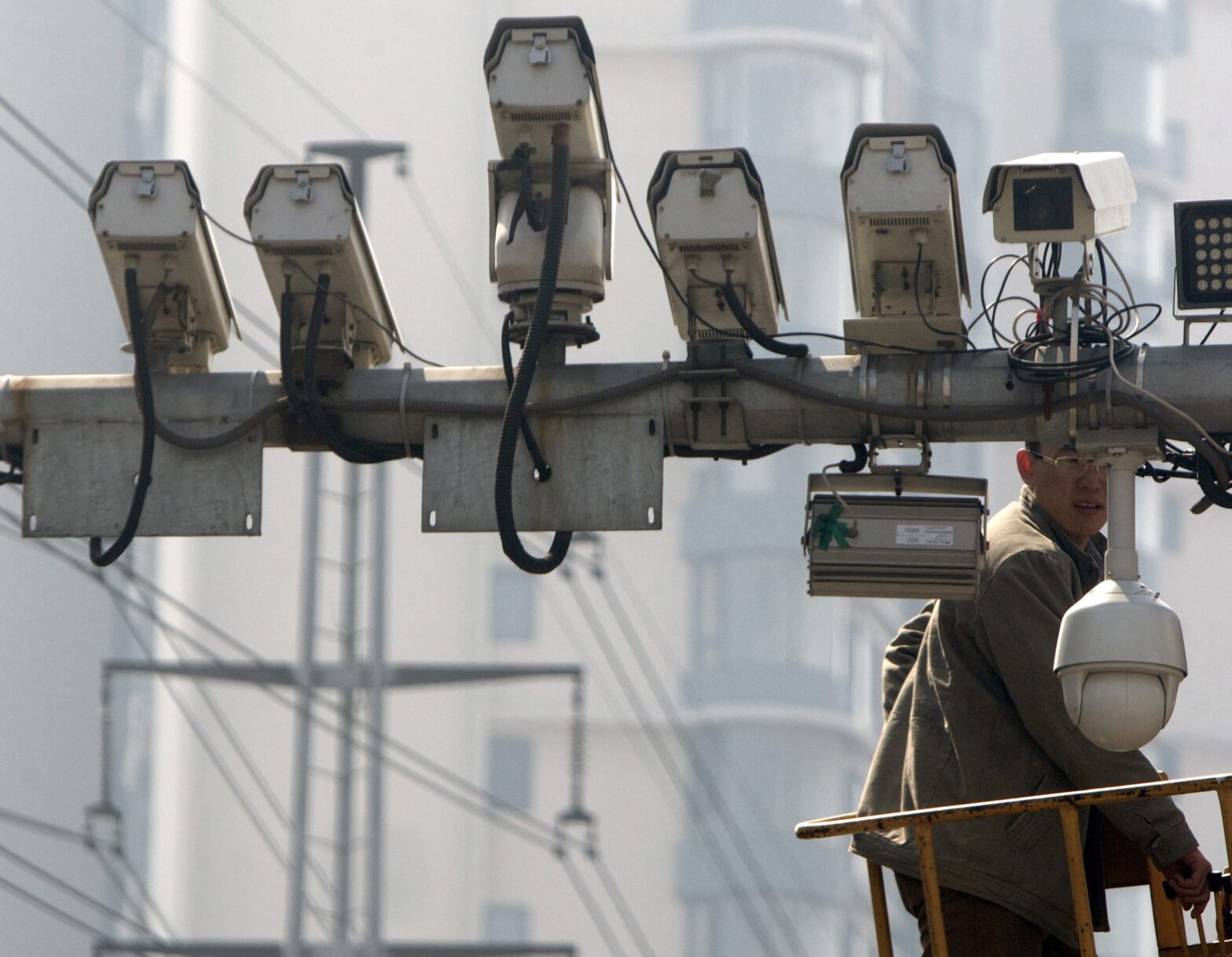The second seminar of the EU funded project “Implementation of the Aarhus convention in the Adriatic region countries” was held from November 4-7, 2010 in hotel Park in Rovinj, Croatia. The organisers of the seminar are civil society organizations GONG and Green Istria, together with partner organizations from Bosnia and Herzegovina, Montenegro, Italy and Belgium.
The second seminar of the EU funded project “Implementation of the Aarhus convention in the Adriatic region countries” was held from November 4-7, 2010 in hotel Park in Rovinj, Croatia.
The organisers of the seminar are civil society organizations GONG and Green Istria, together with partner organizations from Bosnia and Herzegovina (Centre for management, development and planning), Montenegro (MANS), Italy (Adriatic GreeNet) and Belgium (European Environmental Bureau). Seminar participants are 27 judges, lawyers and journalists from Bosnia and Herzegovina, Montenegro and Croatia, selected upon an international Call for Applications.
In order to strengthen the role of citizens and civil society in matters related to environmental protection, UNECE (United Nations Economic Commission for Europe) has determined, and 44 countries ratified to this day, the Aarhus Convention. It defines common international standards of access to information, right to participation and access to justice in environmental matters, based on the principles of participatory democracy.
While the first seminar dealt with the first two pillars, the Rovinj seminar was related to the third pillar of the Aarhus Convention which deals with access to the judiciary, which is one of the main problems in seminar participants’ countries. The right to access to justice, which includes an accessible judicial system, a simple, transparent and a process with fair length, is of crucial importance in the application of environmental law and – by that – environmental and human health. Without an efficient judicial system, environmental law can not be effective.
Lecturers from the European Court of Human Rights and the European Court of Justice, Christoph Sobotta and Yves Winisdoerffer, and experts in the field of environmental law, Jan Passer, Peggy Lerman and Csaba Kiss, spoke about the role of courts in the application of environmental law, about the way in which access to justice is provided in EU states and d present some case studies and examples from judicial practice. Judges Ljubinka Popovic – Kustudic and Ljerka Morovic Pavic, as well as judge Marin Zadric, analysed the current situation in this field in Montenegro, Croatia and Bosnia and Herzegovina.
